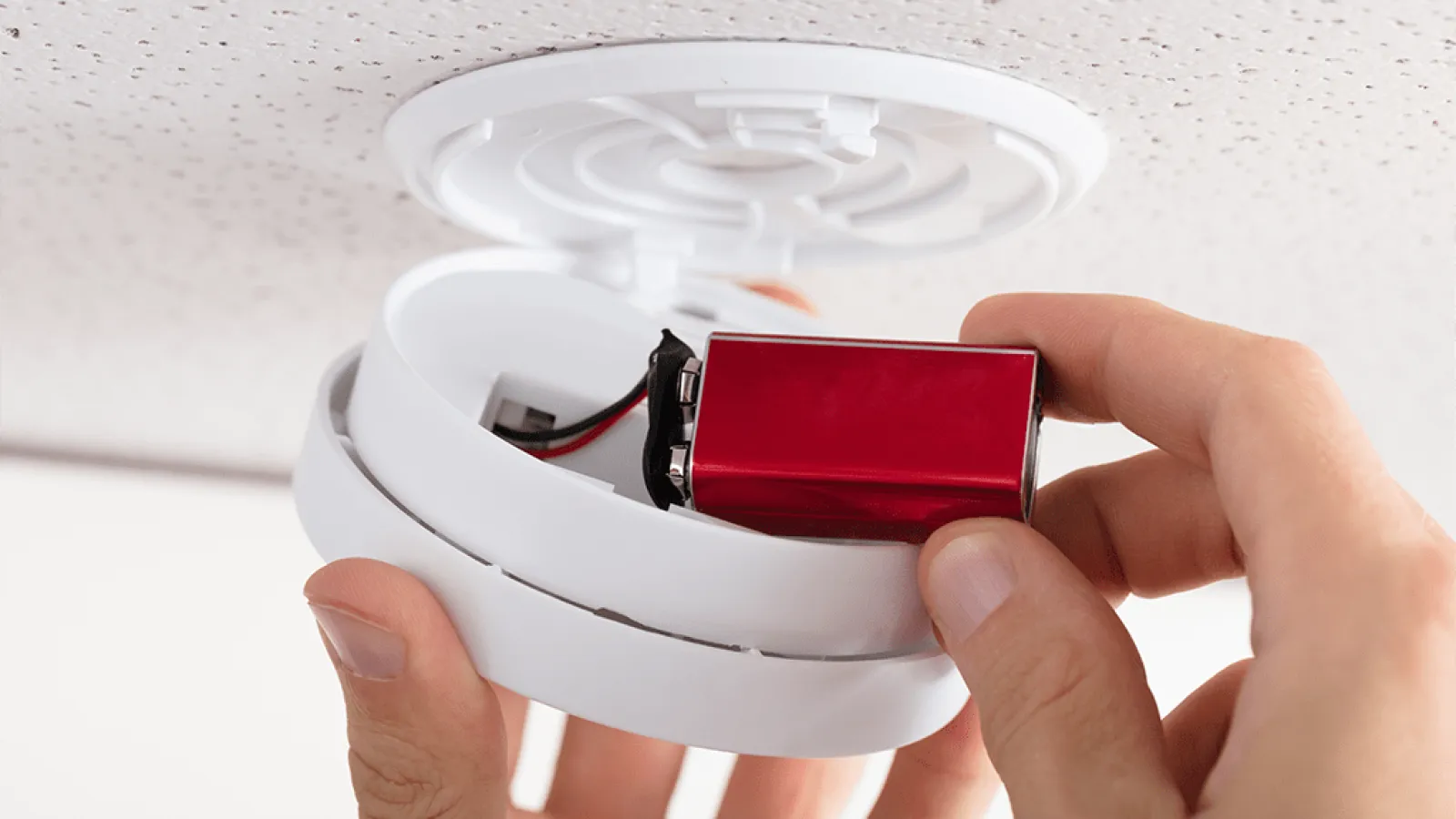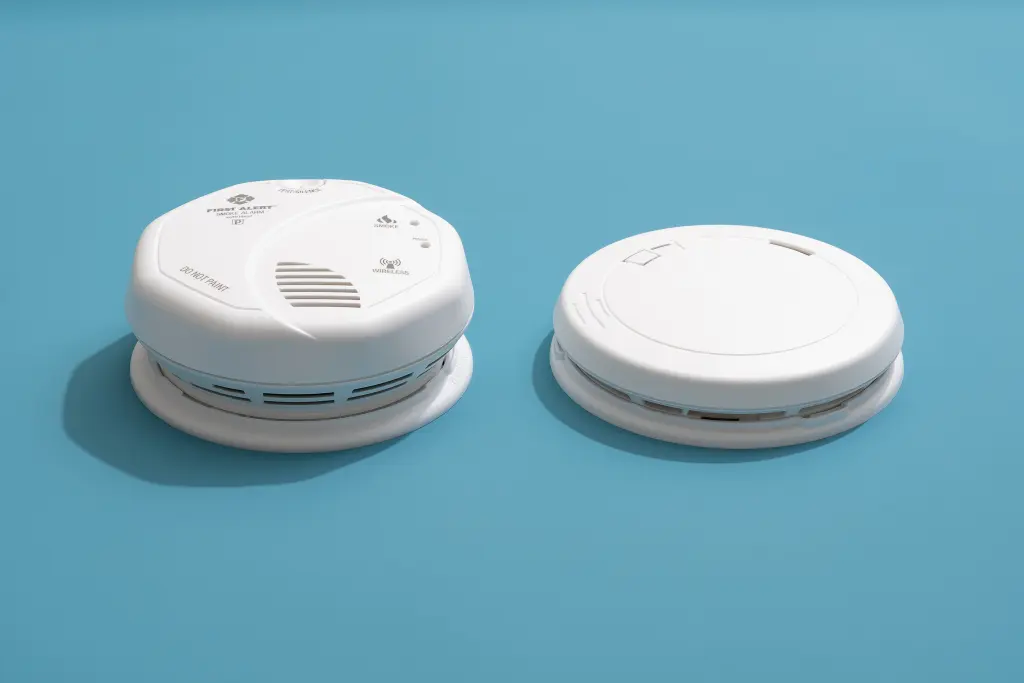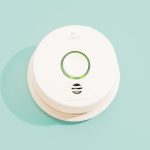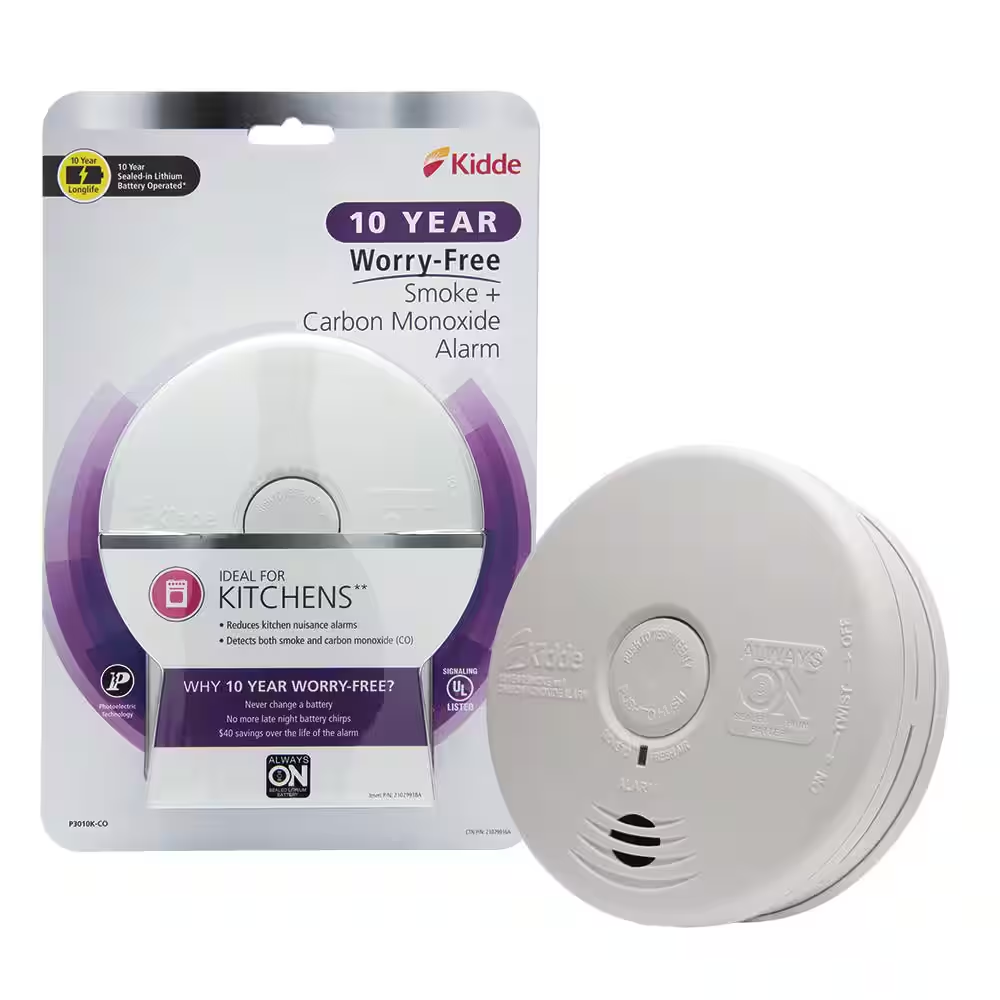I. Introduction
A. Importance of Functional Smoke Alarms in Home Safety
Smoke alarms play an essential role in protecting our homes and ensuring the safety of our loved ones. These devices serve as our house’s first line of defense against the dangers of fire and smoke. By promptly detecting the presence of smoke, they can alert us of a potential fire hazard and provide us with the crucial time needed to evacuate safely.
B. Focus of the Article: Troubleshooting a Smoke Alarm That Keeps Beeping with a New Battery
While smoke alarms are designed to be reliable and dependable, it’s not uncommon to encounter issues with these devices. One of the most frustrating problems is when a smoke alarm continues to beep even after installing a new battery. In this article, we will explore the possible causes of this issue and provide troubleshooting steps to resolve it.
II. Understanding the Issue and Possible Causes
A. Definition of the Problem: Persistent Beeping Despite a New Battery
When an installed smoke alarm beeps continuously despite having a new battery, it can be not only annoying but also a cause for concern. This issue can disrupt our sleep, add unnecessary stress, and compromise the functionality of the smoke alarm. It’s crucial to identify the root causes of this problem to ensure our smoke alarms are functioning optimally.
B. Common Causes of the Issue
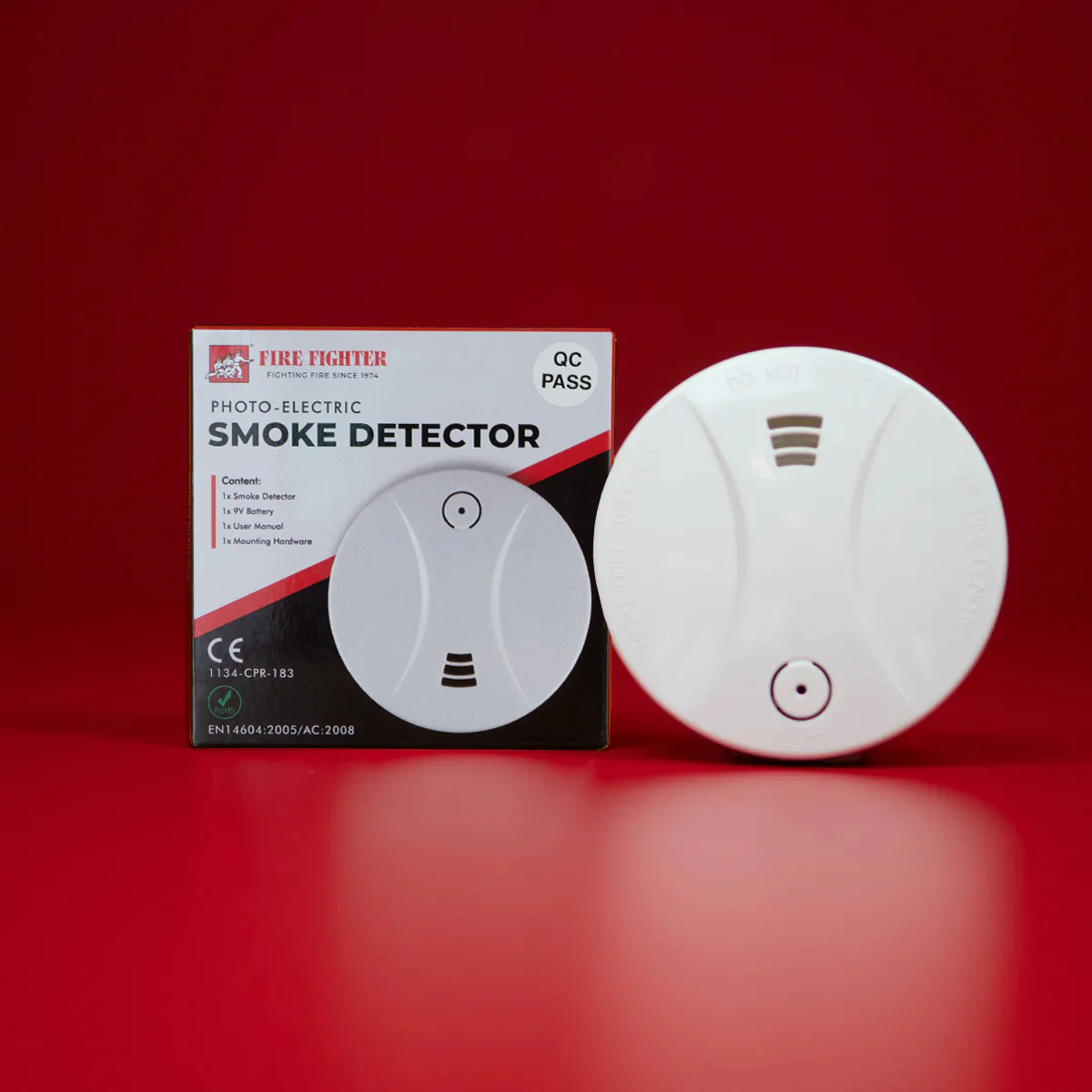
- Incorrect Battery Placement
One of the primary causes of the persistent beeping is incorrect battery placement. If the battery is not properly inserted into the smoke alarm, it may not provide the necessary power for the device to function correctly.
- Battery Connection Issues
Another possible cause is a poor connection between the battery and the smoke alarm’s terminals. Over time, dirt, dust, or corrosion can accumulate on the battery contacts, affecting the power transfer.
- A Faulty Smoke Alarm Unit
Lastly, there is a possibility that the smoke alarm itself is faulty. Despite a new battery, a malfunctioning unit may exhibit the same beeping issue, indicating an internal problem that needs attention.
III. Troubleshooting Steps
A. Check Battery Placement and Contacts
- Ensuring Correct Battery Insertion
The first step is to double-check the battery placement. Open the smoke alarm’s casing, carefully remove the battery, and then reinsert it, ensuring it is inserted in the correct orientation as indicated by the markings inside the device. A proper fit is crucial for the battery to make a solid connection with the smoke alarm’s terminals.
- Cleaning Battery Contacts
If the battery placement appears to be correct, it’s worth inspecting the battery contacts for any dirt or corrosion buildup. Gently clean the contacts with a clean cloth or a cotton swab dipped in rubbing alcohol. Ensure the contacts are clean and shiny before reinserting the battery.
B. Verify Battery Quality and Compatibility
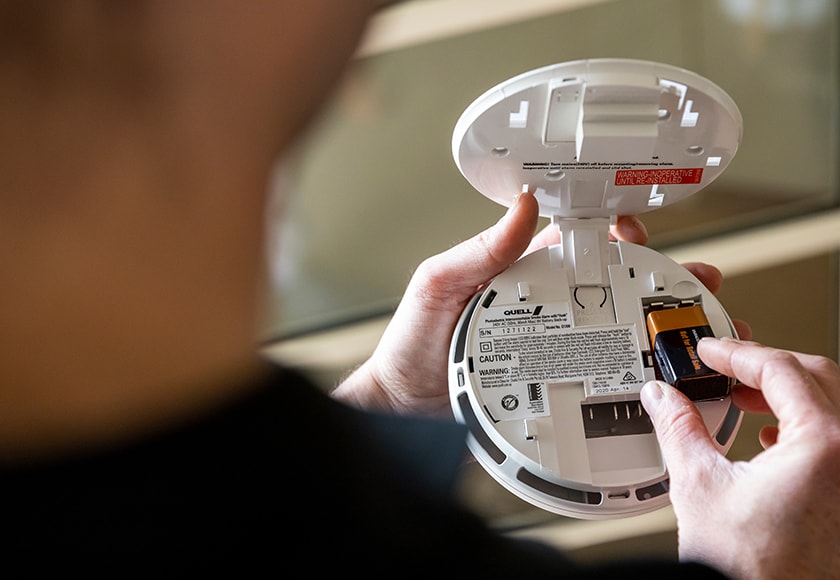
- Using High-Quality Batteries
Low-quality batteries may have insufficient power to sustain the smoke alarm’s functionality, leading to the continuous beeping issue. Using reputable and high-quality batteries will ensure a steady power supply, minimizing the chances of false alarms and beeping.
- Checking Battery Compatibility with the Specific Smoke Alarm Model
Different smoke alarm models may have specific battery requirements. Check the user manual or the device itself for any recommended or required battery specifications. Ensure you are using batteries that are compatible with your particular smoke alarm model to avoid any performance issues.
C. Reset Smoke Alarm
- Performing a System Reset
A system reset can often resolve the persistent beeping issue. To perform a reset, remove the battery from the smoke alarm and disconnect it from its power source if it is hardwired. Press and hold the test button or the reset button (if available) for about 15-20 seconds. Reinsert the battery or reconnect the power source, and observe if the beeping persists.
- Following Manufacturer’s Reset Instructions
For specific smoke alarm models, manufacturers may have specific reset procedures. Consult the user manual or the manufacturer’s website for any instructions on resetting your smoke alarm. Follow their guidelines precisely to ensure a successful reset and resolution of the beeping issue.
D. Consult Manufacturer Guidelines and Manuals
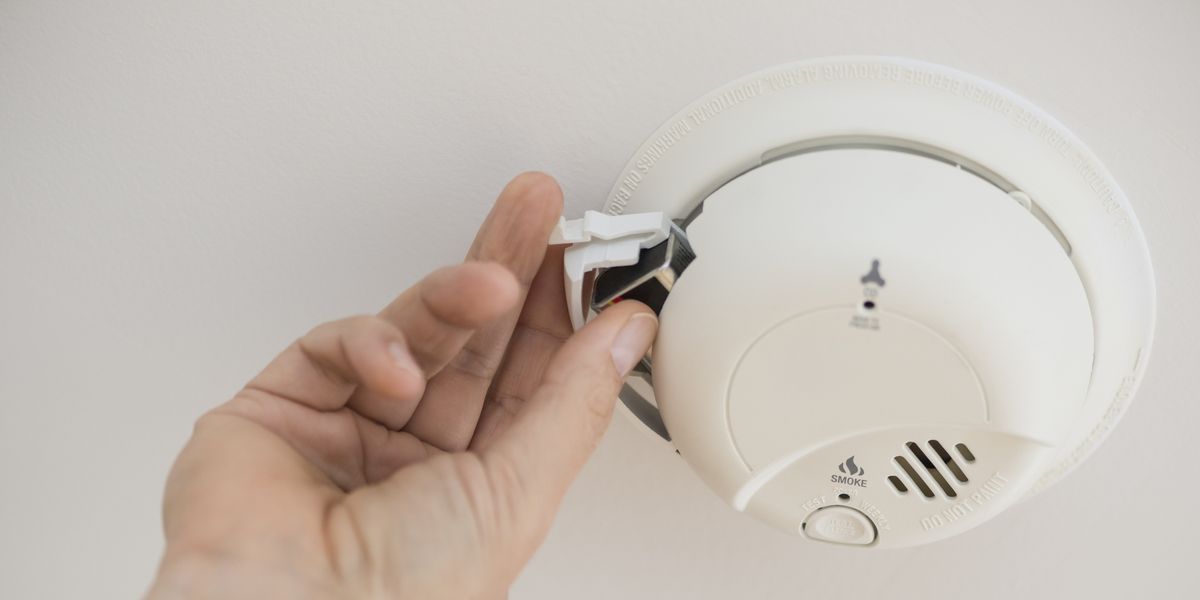
- Reviewing Smoke Alarm Manual
If the persistent beeping problem persists despite following the troubleshooting steps, consult the smoke alarm’s user manual. The manual may provide specific troubleshooting steps for the issue you are experiencing or further guidance on resolving the problem.
- Contacting Customer Support for Further Assistance
If all else fails, contacting the smoke alarm’s manufacturer’s customer support team can provide you with additional guidance and support. They can offer expert advice tailored to your specific smoke alarm model and help troubleshoot the issue further.
IV. Additional Measures to Address Persistent Beeping
A. Reinstalling the Smoke Alarm
- Removing and Reinstalling the Smoke Alarm If the smoke alarm continues to beep even after a new battery has been installed, try removing and reinstalling the smoke alarm. Sometimes, a loose connection or improper installation can cause malfunctioning and beeping.
- Carefully remove the smoke alarm from its mounting bracket or base, following the manufacturer’s instructions.
- Check for any loose wires or debris that may be interfering with the alarm’s operation.
- Clean the mounting bracket and the smoke alarm to ensure a secure and proper fit.
- Reinstall the smoke alarm and make sure it is firmly in place.
- Testing for Proper Functionality After reinstalling the smoke alarm, test it to ensure it is functioning correctly and the beeping has stopped.
- Press the test button on the smoke alarm and listen for the alarm sound.
- If the beeping persists or the alarm does not sound, double-check the battery placement, contacts, and battery quality.
- If the problem continues, consider other troubleshooting steps or consult the manufacturer’s guidelines for further assistance.
B. Replacing the Smoke Alarm

- Considering Smoke Alarm Age and Lifespan If the smoke alarm continues to beep despite troubleshooting efforts, it may be time to replace the smoke alarm entirely. Smoke alarms have a limited lifespan, usually around ten years. Over time, their sensors and components may deteriorate, affecting their performance.
- Check the manufacture date on the smoke alarm to determine its age.
- If the alarm is nearing or has exceeded its recommended lifespan, it is advisable to replace it to ensure reliable and up-to-date fire detection.
- Selecting and Installing a New Smoke Alarm When replacing the smoke alarm, ensure you choose the appropriate type and model for your specific needs. Considerations include:
- Opt for photoelectric or dual-sensor smoke alarms for enhanced detection capabilities.
- Select a smoke alarm that complies with the relevant safety standards and regulations in your region.
- Follow the manufacturer’s instructions for installation, positioning the alarm in a central location outside bedrooms and on every level of your home.
- Test the new smoke alarm after installation to verify its proper functionality and to confirm that the beeping issue has been resolved.
In conclusion, persistent beeping from a smoke alarm, even after replacing the battery, can be a cause for concern. By carefully reinstalling the smoke alarm and testing for proper functionality, you may be able to address the issue. If the problem persists, it may be necessary to replace the smoke alarm, considering its age and lifespan. Maintaining a reliable and functional smoke alarm system is crucial for home safety, as it provides early warning in the event of a fire emergency. Regular testing, maintenance, and timely replacements are essential to ensure the effectiveness of your smoke alarms in protecting your loved ones and property.
